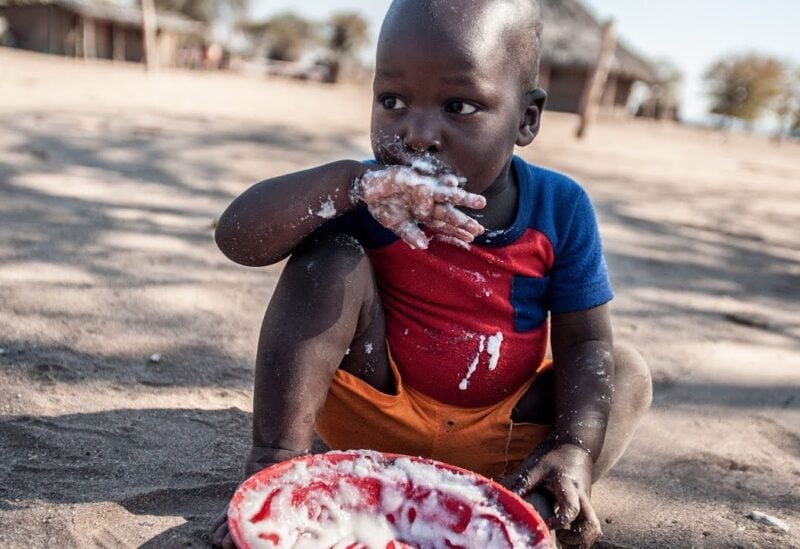
Some people rub their stomachs and talk of their hunger. Others describe burnt villages, abducted relatives, and the agonies of long treks through the bush to reach safety.
But it is the beheadings that most haunt Palma, a besieged town in northern Mozambique. It is a place cut off from the outside world by roving gangs of machete-wielding Islamist fighters, and it is now symptomatic of a wider security and humanitarian crisis that has engulfed a remote region the size of Scotland.
More than half a million people in the region have been driven from their homes in the past 12 months.
“They cut his neck,” said Said Ahmad, 47, sombrely drawing his finger across his throat as he explained how dozens of insurgents entered their village one night, earlier this month, before killing seven men including his brother, Bernado Bacar.
Another eyewitness described the grotesque aftermath in the isolated village of Quirindi, close to the mangrove forests that line the nearby Indian Ocean, with bloodied bodies tied up with rope and severed heads carefully balanced on top of them.
Al-Shabab is how Mozambicans now refer to a shadowy Islamist insurgency that began four years ago in the province – an insurgency that was initially dismissed as a minor distraction in a region that is rich in minerals and focused on reaping the benefits of an international $15bn (£11bn) off-shore gas project.
Today things look very different, with a third of the province’s population forced to flee. The US state department has designated the insurgents as a terrorist organisation dubbed “Isis-Mozambique” – a reference to the franchise arrangement that the Islamic State group (IS) is believed to have set up with the local faction.
We were the first foreign journalists to reach Palma during its siege. The entire province has been more or less closed to foreign – and many local – journalists for the past year.
The pandemic is a factor as is the precarious security situation, but Mozambique’s government has also been widely criticised for seeking to block access to the conflict, both for the media and, to a lesser extent, international humanitarian organisations.
“We face restrictions from [the] government in terms of bringing in supplies and people,” said Jonathan Whittall, the head of analysis for the medical aid group Médecins Sans Frontières (MSF).
Several people in Palma told us that they’d seen women and girls being abducted by the militants. Soon after flying back to the regional capital, Pemba, I met many more people with similar stories.
BBC